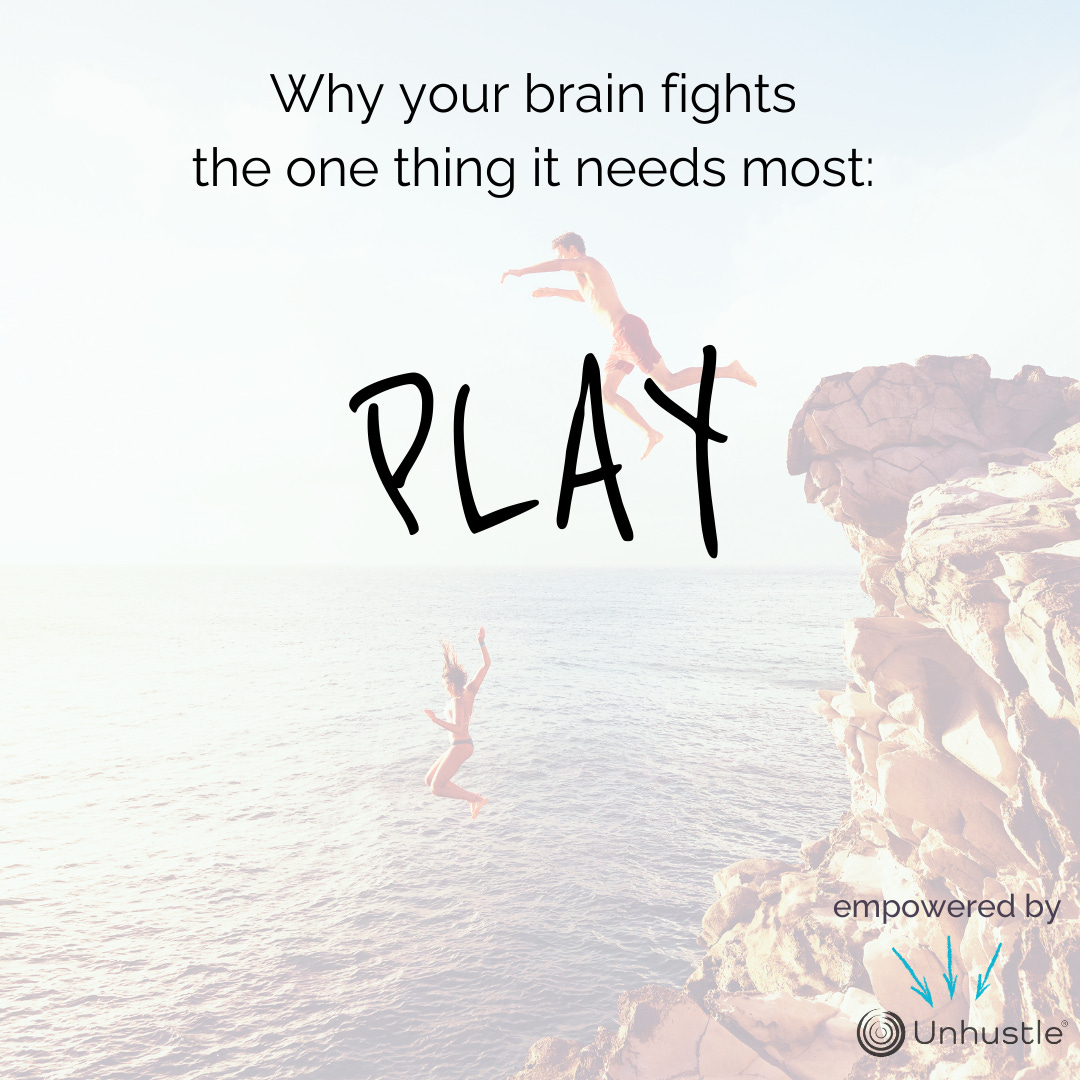Why Your Brain Fights Play (And Why You Should Fight Back)
We're built to play and built by play.
Book update: Unfortunately, my editor quit halfway through editing my book. I can only look at this as a moment of opportunity, curiosity, playfullness, and EWOP (Everything Works Out Perfectly.) I’m going to spend the rest of the month refining my manuscript while looking for a professional editor who can help me bring the book to light. Stay tuned for more to come. In this week’s newsletter, we’ll explore PLAY, well because I need to have a playful heart right now.
In 1966, Charles Whitman climbed a tower at the University of Texas and became America's first mass shooter. The commission investigating this tragedy discovered something that would change our understanding of human nature forever: Whitman had been systematically deprived of play throughout his childhood. The team of experts, led by a young psychiatrist named Dr. Stuart Brown, concluded unanimously that if Whitman had experienced normal childhood play, he would have developed the emotional regulation skills needed to cope with stress without violence.
This shocking discovery launched Brown's 50-year career studying play, leading him to found the National Institute for Play and interview thousands of people about their relationship with joy. His findings?
"The opposite of play is not work—it's depression.”
- Stuart Brown
Your nervous system is sabotaging your joy:
While the 17th-century philosopher Descartes argued that the mind and body are two distinct entities, whereby the physical is seen as less valuable, Stephen Porges's Polyvagal Theory shows that 80% of nerve signals travel from body to brain, not the other way around.
When you're stressed or in "hustle mode," your nervous system sends danger signals that make play feel threatening to survival. Your body literally interprets fun as unsafe when it's stuck in fight-or-flight mode.
Meanwhile, achievement addiction hijacks your dopamine system. Every completed task gives you a neurochemical high, creating dependency cycles where play feels unsatisfying compared to the rush of checking items off your endless to-do list. You become addicted to the very behaviors that drain your creativity and joy.
Even rats know something we've forgotten:
Neuroscientist Jaak Panksepp discovered that rats emit high-frequency "laughter" sounds when tickled. These young rats become "irresistibly drawn" to play, actively seeking out tickling sessions. But here's the kicker: fear stops rat laughter instantly. The smell of predator urine shuts down their playful chirping just like chronic stress shuts down human joy.
If rats understand that play requires safety, why have we convinced ourselves that constant productivity is the path to success?
The play-deprived brain looks different:
Brain imaging reveals that adults who experienced play deprivation as children show altered prefrontal cortex structure and function. They struggle with behavioral flexibility, emotional regulation, and adapting to change. The neural pathways that should connect creativity with problem-solving never fully develop.
But here's the hope: your brain remains plastic throughout life. We can bring play back.
Companies like Google prove this—their "20% Time" policy for unstructured play has generated breakthrough innovations, including Gmail. When Southwest Airlines integrates play into daily operations, they see higher job satisfaction and retention. Play isn't the opposite of productivity—it's the secret ingredient in the future of work.
Your rebellion starts now:
Play is not a reward for finished work. It's not a luxury for people with extra time. Play is rebellion against a culture that has forgotten what makes us human. It's WD-40 for your mind and soul, creating the environment for flow states where breakthrough thinking happens.
The definition matters: Play is engaging in activity for enjoyment and recreation rather than a serious or practical purpose. Not everything needs to optimize, improve, or achieve. Sometimes the point is simply joy.
Research shows that people who maintain regular play are happier, more creative, and more resilient. They have better relationships, lower stress hormones, and enhanced problem-solving abilities.
Your nervous system needs permission to play:
Start small. Your play-starved brain needs to remember what joy feels like without the pressure of outcomes. Take a different route to work. Have a silly conversation. Spend five minutes doodling without purpose. These micro-moments of play begin rewiring neural pathways that achievement addiction has hijacked.
The world needs your playful heart now more than ever. Purpose becomes a grind without joy, and you can only sustain that for so long.
Don't let anything or anyone silence what makes you most alive.
I’ll see you next week,
-Milena



